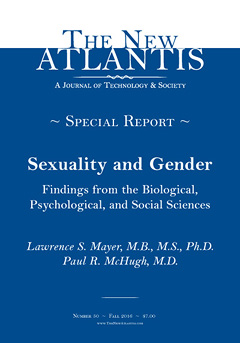
EdChoice has posted Part 2 of my series on how to design education systems for a pluralistic society. In this part, I focus on how we don’t have a theory of education for a pluralistic society, yet somehow we manage to educate anyway:
It is striking that our society has practiced exactly this kind of pluralistic education for a very long time even though we have few publicly discussed ideas about what pluralistic education is or how it works. This should make us humble about the importance of theory. We’ve all heard plenty of funny anecdotes where the joke is that some cockamamie scheme “works in theory.” A friend of mine reports that in college, he actually heard a classmate exclaim, with heartfelt sincerity: “Dammit, communism works in theory!”
Education in a free society doesn’t “work in theory,” because we don’t have a theory that explains it. Yet somehow – though the status quo is very imperfect – we manage to do it anyway:
The fact that education is taking place in a pluralistic society is revealing. We are not as divided as we think. Our differences do not go all the way down. Our sense of absolute difference from one another, our sense of being locked in perpetual religious and moral wars with one another, is why pluralistic education “doesn’t work in theory.” Yet it works, however imperfectly, in practice. We are not as different as we may think, and our schools prove it.
Tolerance and consensus tend to emerge in local community. Nationally, we are divided. On talk shows and Twitter, we are divided. But we are more able to find common ground in the midst of our differences if we are dealing with people whom we know and who live in the same environment we do.
The stresses and strains we experience as we work amidst our differences are not always bad signs. Often, they’re good ones:
It is very hard to live with difference, much harder than we want to believe—a fact brilliantly explored in the recent movie Zootopia. We often get into conflict with each other. Deficiencies of goodwill are exposed. But this is what the process of building tolerance and consensus involves. These frictions are not signs that the process is not happening; they are the process itself. Experiencing social conflict over our differences is not the first step toward killing each other over them; it is the alternative to doing so.
As always, your thoughts are very welcome!




